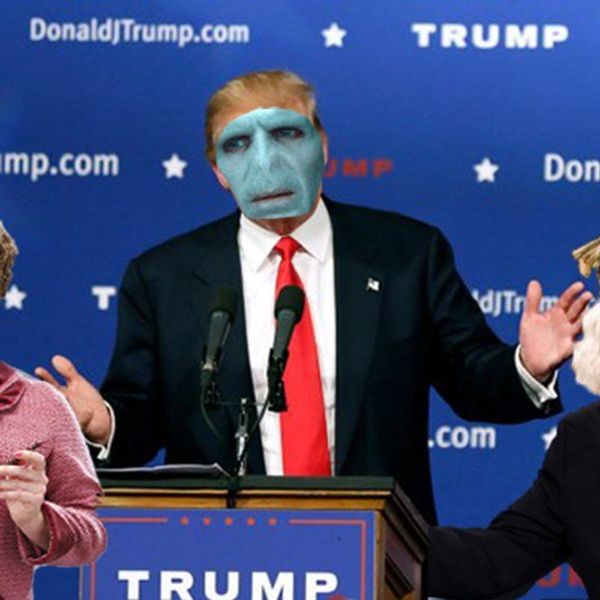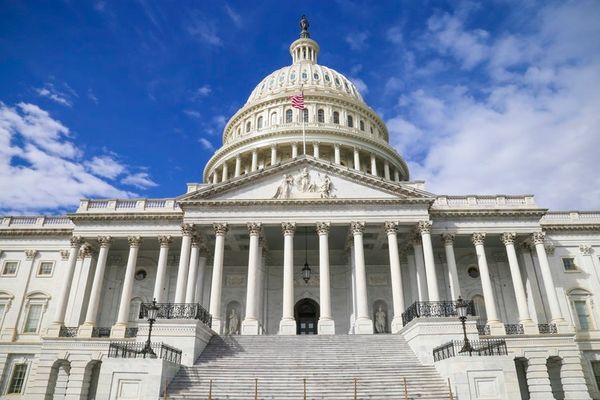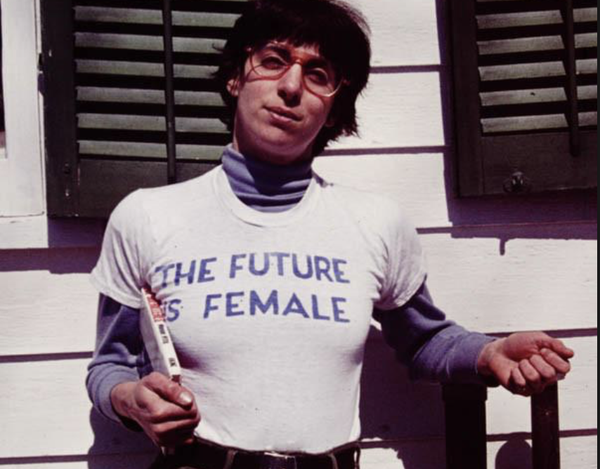Du Bois was considered to be one of the most influential writers and activists of his time. Unlike many other African American activists, he was considered to be of a wealthy and privileged upbringing. Du Bois had the fortune of belonging to a small circle of wealthy African Americans that were able to get an education. Du Bois' upbringing was surrounded by wealth, and the constant opportunity to explore other frontiers that a traditional African American boy was incapable to enjoy. Du Bois' brilliance and his extraordinary talent for school earned him the opportunity to become the first African American to earn a Ph.D. from Harvard University.
Du Bois wrote extensively about the discrepancies that proceeded the end of slavery and was the best-known spokesperson for African-American rights during the first half of the 20th century. He co-founded the National Association for the Advancement of Colored People in 1909. Du Bois argued that the African American community was treated differently from white people, and in most cases, they were being humiliated due to their past history. Du Bois suggested that a peaceful negotiation was no longer an option and the Black community had to raise their voices in unison to fight for their rights as Americans.
He in fact refused the idea of submission as he thought that was a way of rejecting the slave experience. Du Bois in fact suggested that in the “Forgetfulness” of such history was where the issue relied in. This idea is being supported in Lawrie Balfour’s analysis, W. E. B. Du Bois and the Case for Reparations.
Through the study of Reconstruction and its aftermath, Du Bois provides a window onto the ways in which the American democratic project has been hobbled by the denial of the significance of slavery and the decades of Jim Crow segregation that followed from it. He also shows how this unwillingness to confront the past is connected to the failures of formal equality as an antidote to the poison of racial injustice, according to Balfour.
This statement deeply supports and analyses the idea that Du Bois for years tried to reinforce in his writings and his literary work. This statement suggests that the “freedom” that many former slaves had was hobbled and corrupted by the government that in most cases was reinforced by the white, wealthy man. Based on this analysis, many former slaves were forced to re-adapt into society, and in doing so were trained to belief that the past was meant to be left behind. Du Bois felt that the Negro community could not forget their history of segregation, humiliation and torture as many white officials offered. Du Bois argued that in accepting a freedom that was conditioned to limit the abilities of the African American diaspora was a modern form of slavery.
Du Bois proposed that the best way for the African Americans to increase political and social equity in the United States was to strengthen their dynamic investment of inclusion in the American culture. As an essential stride to fairness, Du Bois highlighted the significance of giving every African American the chance to seek formal instruction in the field of arts and sciences, humanities, or writing. Du Bois supported that the access to appropriate training was the most ideal approach to guarantee that the African Americans would enhance and improve their economic wellbeing, and would increase their level of rights with the white Americans.
Du Bois felt that school would be fundamental in the fight for social, political, and monetary ascendance. Du Bois trusted that inside all races were people with extraordinary capacities, and that from these excellent children were to come the pioneers of the race, the “Talented Tenth.” The Talented Tenth was a theory that suggested that out of ten African American children, at least one of them would be the leader that would lead their fight for equality. Du Bois strongly believed that education was key for the formation of a stronger and more capable community.



















